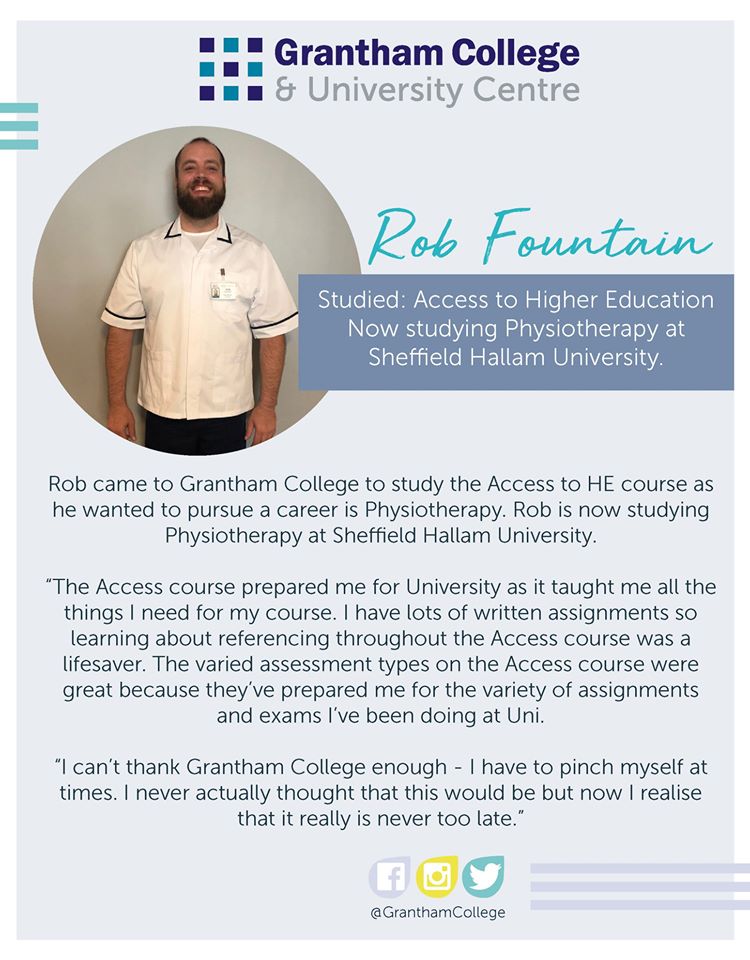As we approach February and March, it’s an important time for CAVA members with the arrival of their first external moderator (EM) visit. This is more than a routine check-in; it’s a key step in assuring and enhancing the quality of the course. It is also an excellent opportunity for EMs to engage with staff and students, immerse themselves in the learning environment, and review various work samples.
These visits last a few hours and need to be comprehensive, involving several aspects of the Access to HE quality assurance process. To assist our EMs in making the most of their time, we’ve developed a guide based on our recommendations and input from CAVA EMs at the 2023-24 external moderation briefings.
CAVA have a wide range of documents which are useful for EM visits including, The Red Book (guidelines for external moderators), CAVA database user guide for external moderators and the EM report template.
Before the visit
You will find information required to support your visit on the provider’s site, including; Diploma Quality Review with course stats from previous years, moderation and validation reports, details of any modifications made to the programme, etc.
Preparation is key. Initiating early communication with the college or course leader is essential. This conversation is the ideal time to introduce yourself, finalise visit details such as the date, parking arrangements, and meeting points. It’s also beneficial to review the institution’s last EM report to understand specific focus areas. Planning your day in advance, including arranging meetings with staff and students, can significantly contribute to a smooth visit.
During the visit
The visit itself is a critical time for in-depth engagement. It provides an opportunity to meet with students and the course team, discuss findings, and assess progress on prior recommendations. These discussions are not just informative but also serve to reassure everyone about the supportive nature of the visit and acknowledge positive practices observed.
A thorough review of the institution’s policies and procedures, particularly in areas like referrals and resubmissions, is vital. Bringing the EM report can help ensure that all aspects are covered. Additionally, sampling and reviewing the quality assurance processes, ie, extenuating circumstances, are important tasks. If there’s additional time, a tour of the college can be insightful, offering a chance to discuss future course changes and start thinking about the next visit, particularly in terms of gathering student feedback.
After the visit
Following the visit, there are a few crucial steps to complete. The EM report should be submitted to CAVA within two working days to maintain momentum. Planning the next visit promptly is also important to accommodate everyone’s schedule.
These visits are integral to fostering a strong relationship between CAVA and our member institutions, and we look forward to their successful implementation.

